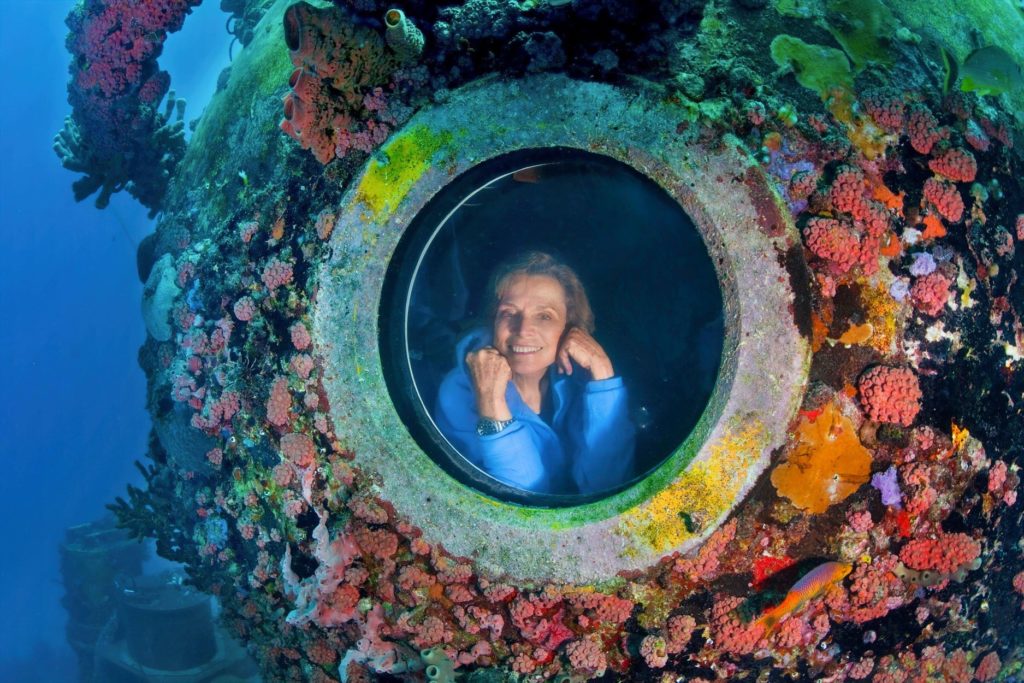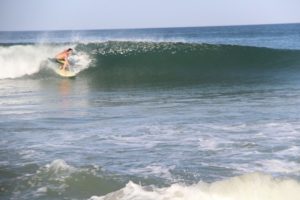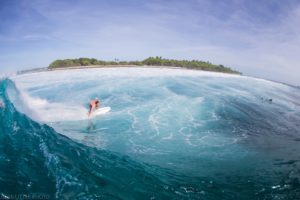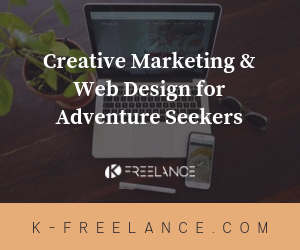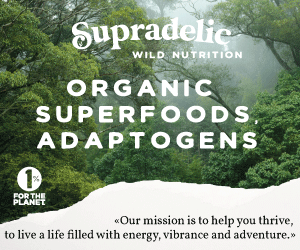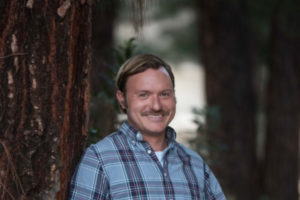
Episode 58 : Meet Cory Belyea, Teacher, Author and Adventurer
Cory Belyea, Author, Teacher and Adventurer shares part of his hero’s journey from San Diego to the Southern most tip of South America to honour his best mate, Mike, who tragically passed away. Find out how surfing, adventure and friendship changed Cory’s life completely.

